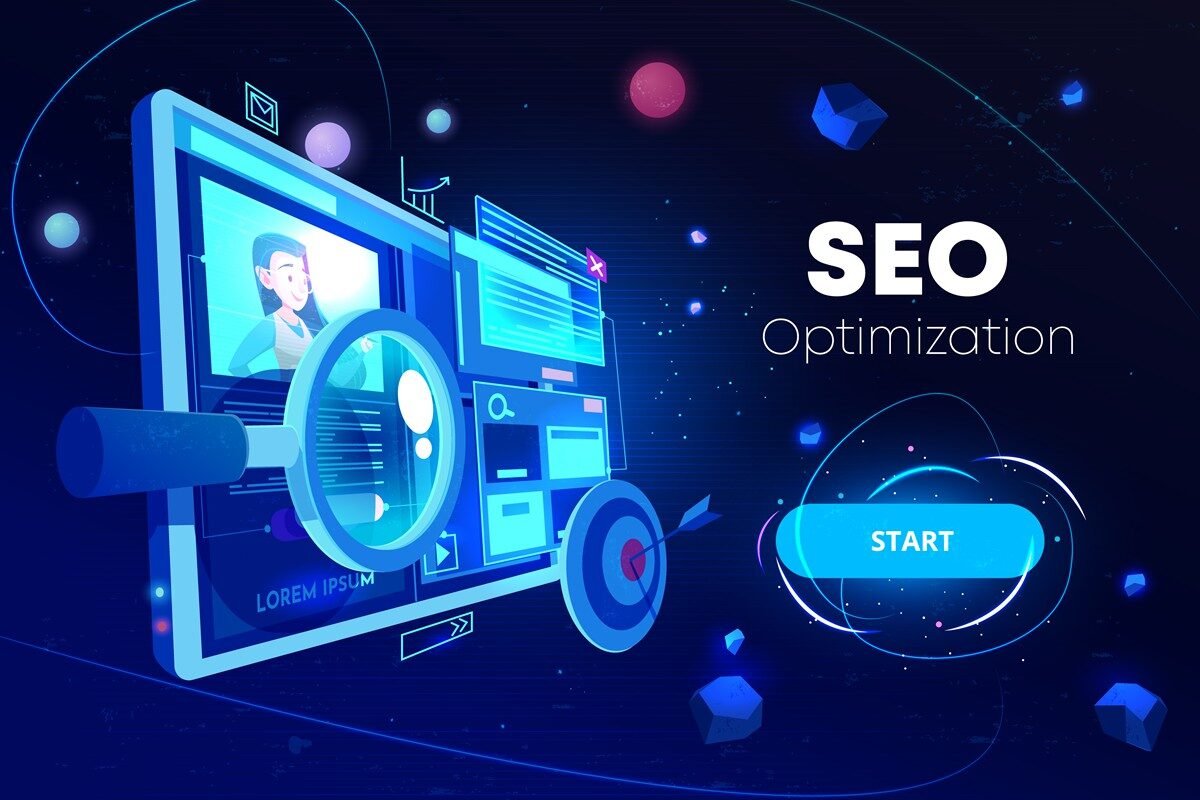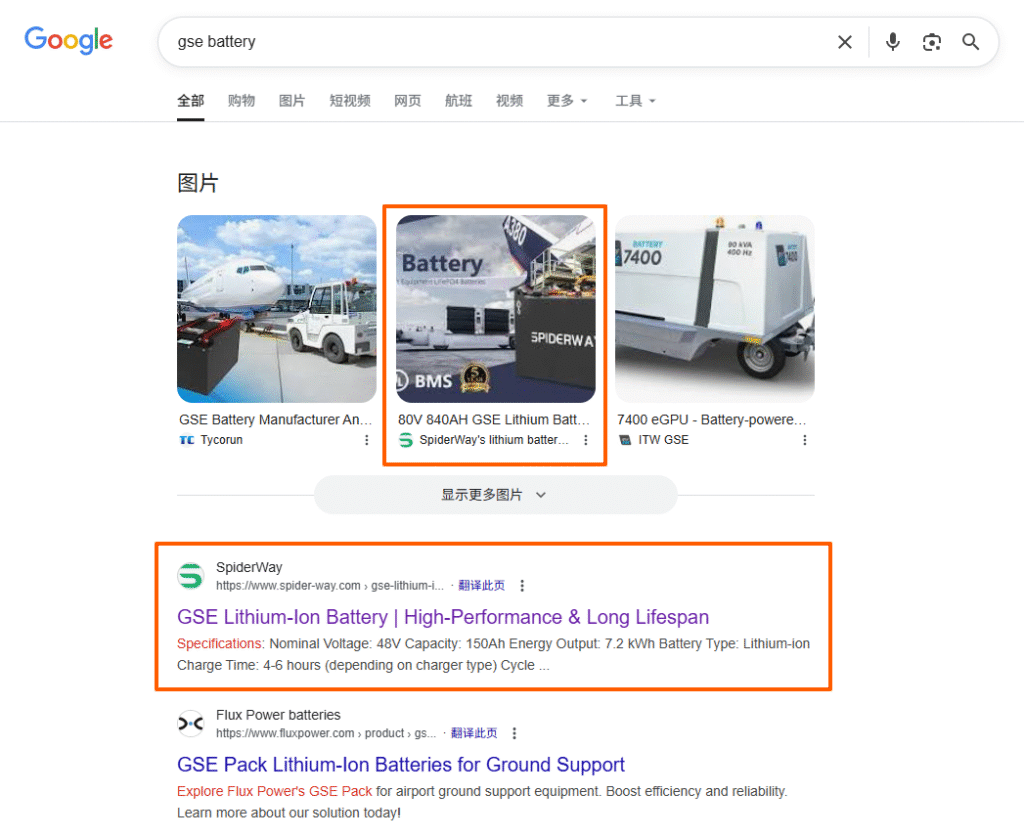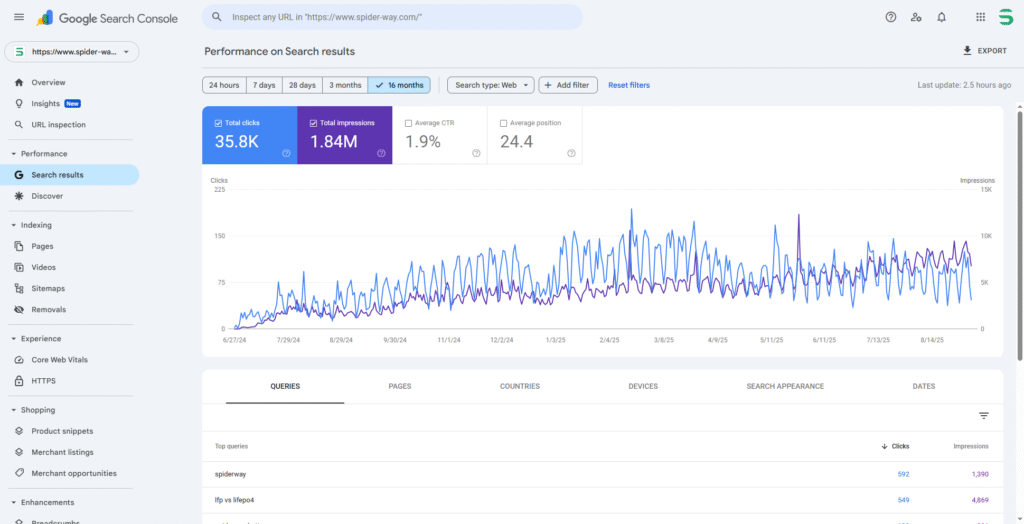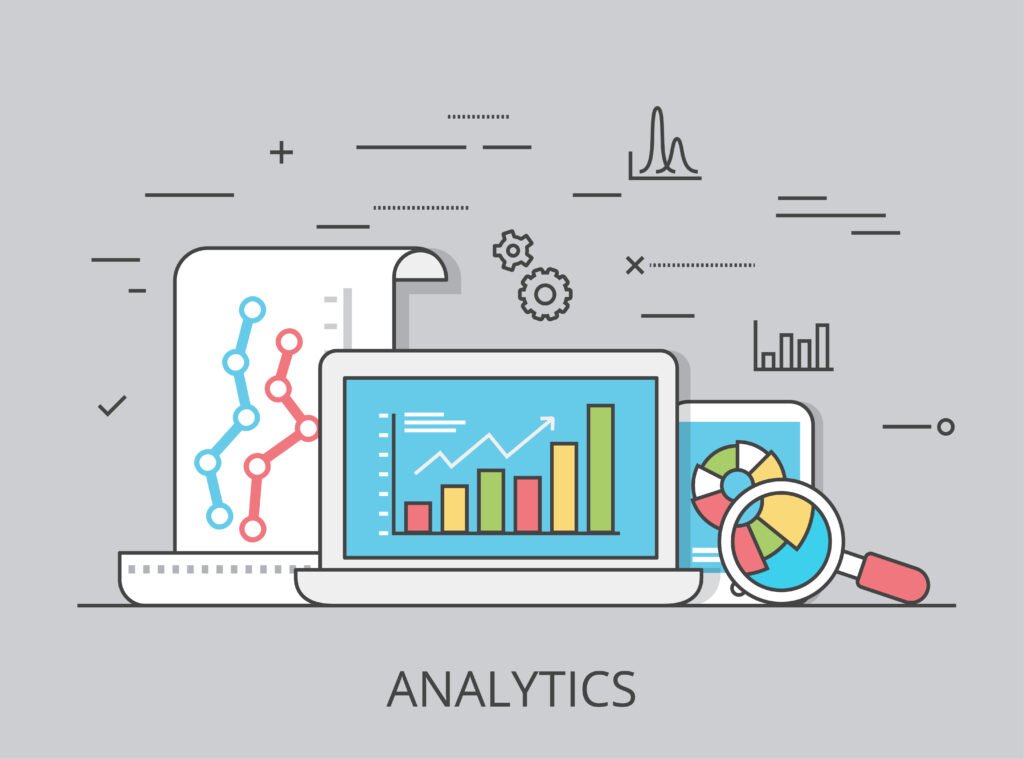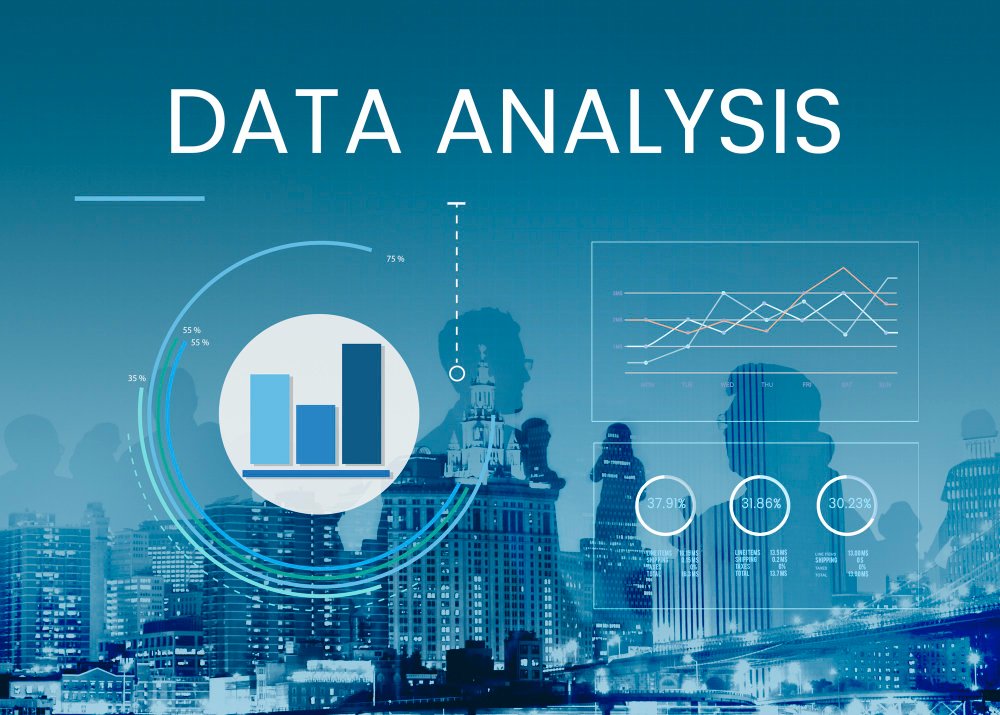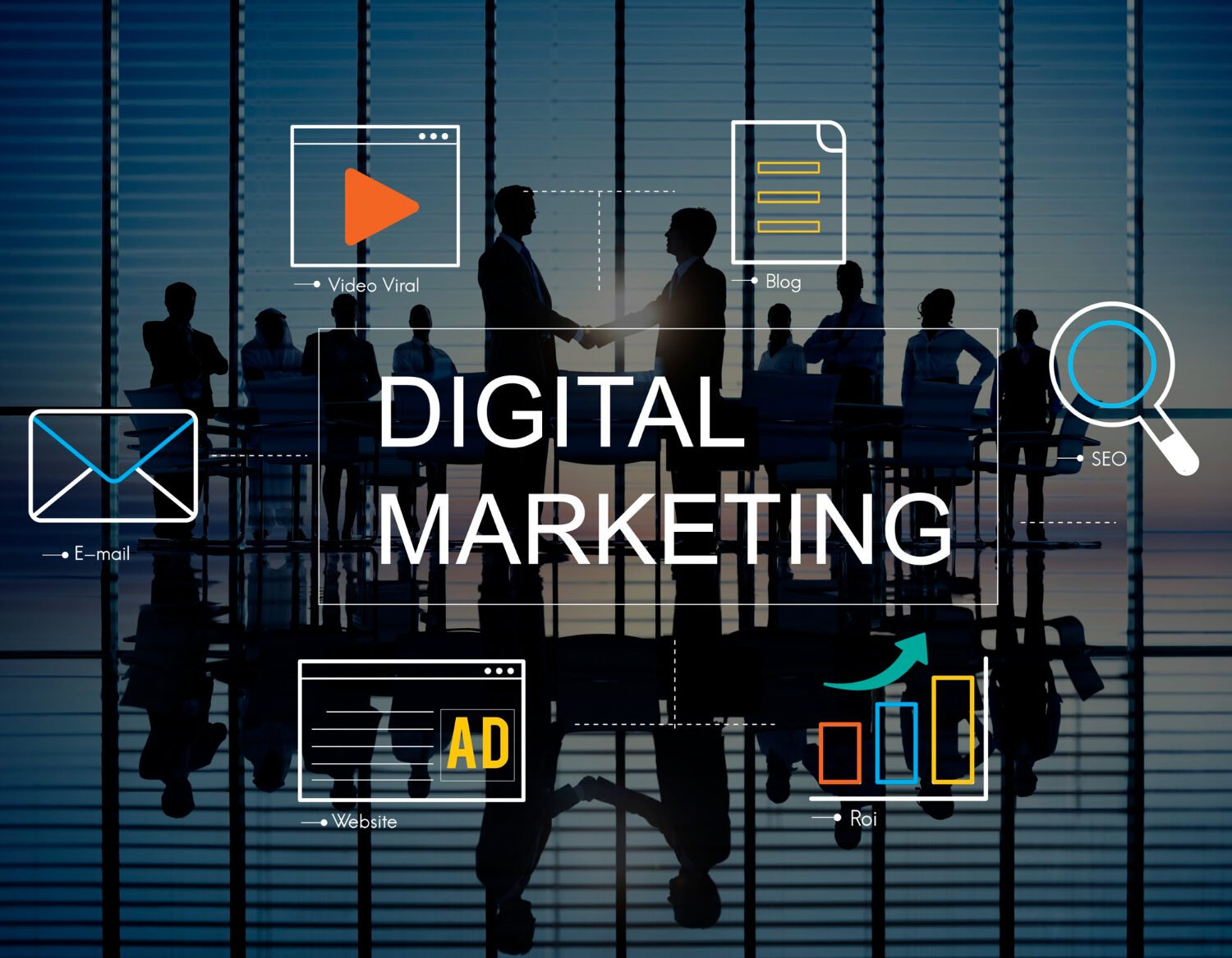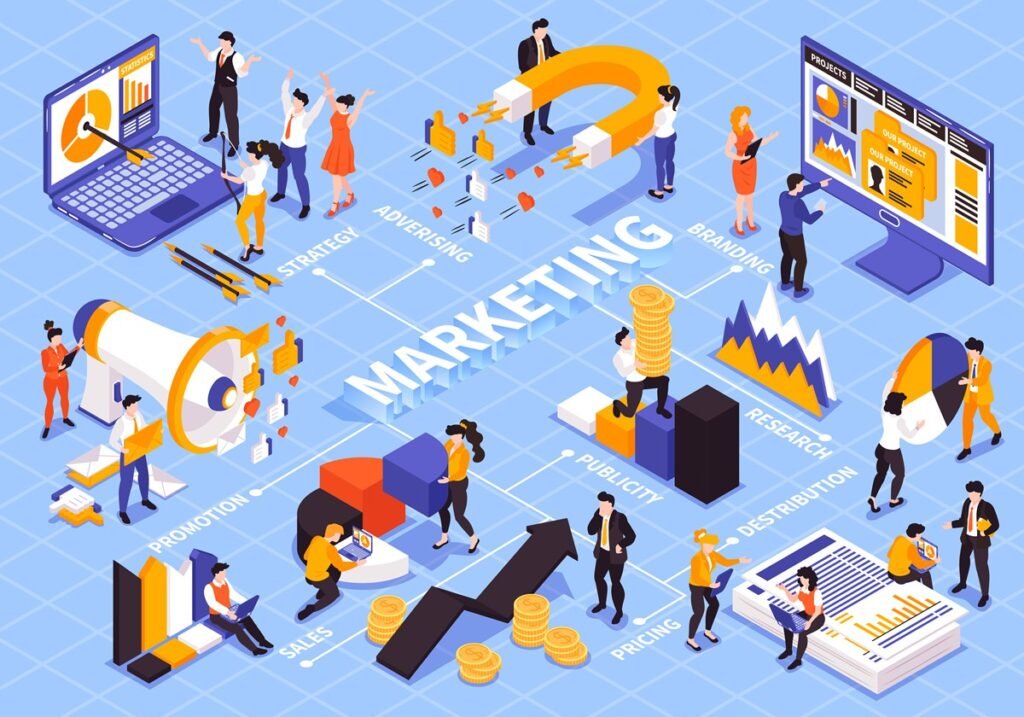What is AEO/GEO? The Future of AI Answer Engine Optimization
As artificial intelligence reshapes the way people search for information, traditional SEO (Search Engine Optimization) is no longer the only path to online visibility. A new discipline has emerged: AEO (Answer Engine Optimization) and GEO (Generative Engine Optimization). These techniques focus on optimizing brand presence within AI-powered large language models (LLMs) such as ChatGPT, Google Gemini, Claude, and other generative engines.
For businesses that want to stay ahead of digital marketing trends, AEO/GEO is not optional—it is the future.
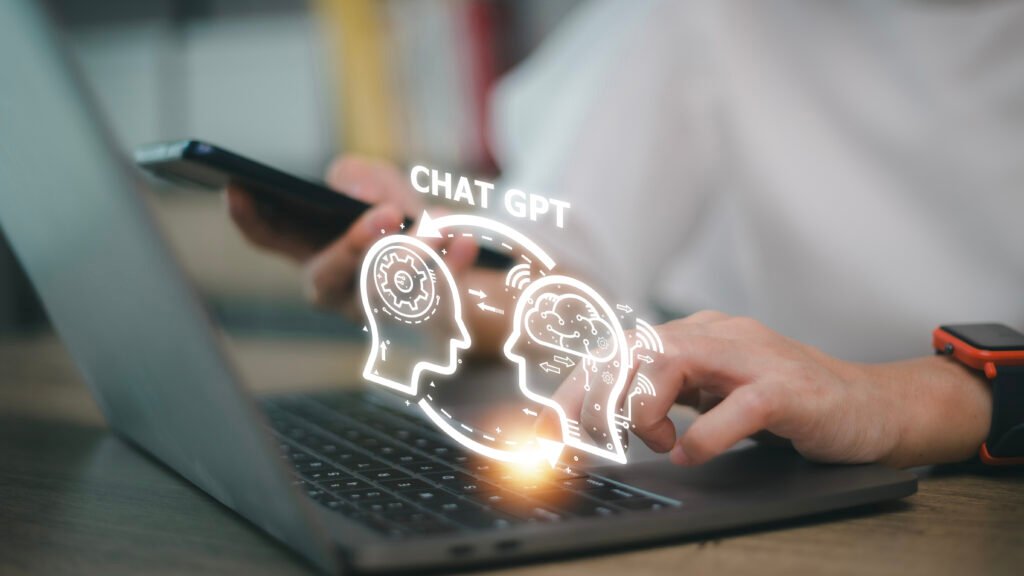
What is AEO/GEO?
- AEO (Answer Engine Optimization): The process of optimizing a brand’s visibility and authority in AI-driven Q&A systems like ChatGPT, Perplexity, or Bing Copilot.
- GEO (Generative Engine Optimization): A broader approach that focuses on generative AI platforms, ensuring that when these systems produce answers, your brand is mentioned, recommended, or referenced as a trusted source.
Together, AEO and GEO aim to influence AI-generated answers, much like SEO influences traditional search rankings.

How AEO/GEO Works
AI large language models are trained on vast datasets, continuously updated with online content, user interactions, and brand signals. Unlike search engines that return links, AI engines return direct answers.
AEO/GEO optimization techniques include:
- Creating authoritative, high-quality content that AI systems can reference.
- Structuring information with schema markup and knowledge graph integration.
- Generating multi-format content (blogs, FAQs, whitepapers, case studies) optimized for machine learning ingestion.
- Building brand credibility through mentions, citations, and contextual relevance.
- Monitoring AI-generated responses and iteratively refining strategies.

AEO/GEO vs. Traditional SEO
| Traditional SEO | AEO/GEO |
|---|---|
| Focuses on ranking in Google SERPs | Focuses on appearing in AI-generated answers |
| Optimized for keywords, backlinks, and website performance | Optimized for context, knowledge representation, and AI datasets |
| User clicks on a link to visit websites | AI delivers direct answers with brand mentions |
| ROI measured by clicks, traffic, and conversions | ROI measured by AI-driven referrals, brand exposure, and trust |
Why AEO/GEO Matters for Businesses
- First-Mover Advantage: Few businesses have embraced AEO/GEO, offering early adopters a competitive edge.
- Direct Influence on AI Answers: Customers increasingly rely on AI chatbots for purchasing decisions.
- Higher Authority: Being mentioned alongside global brands increases credibility.
- Increased Traffic & Sales: AI recommendations drive qualified leads directly to websites and products.
Case Study: SPIDERWAY LFP Battery
Just one year ago, SPIDERWAY, a leading LFP lithium battery brand, had no presence in ChatGPT or other generative engines. After partnering with Digital Marketing Flow, we implemented AEO/GEO strategies, including content structuring, brand storytelling, and AI data optimization.
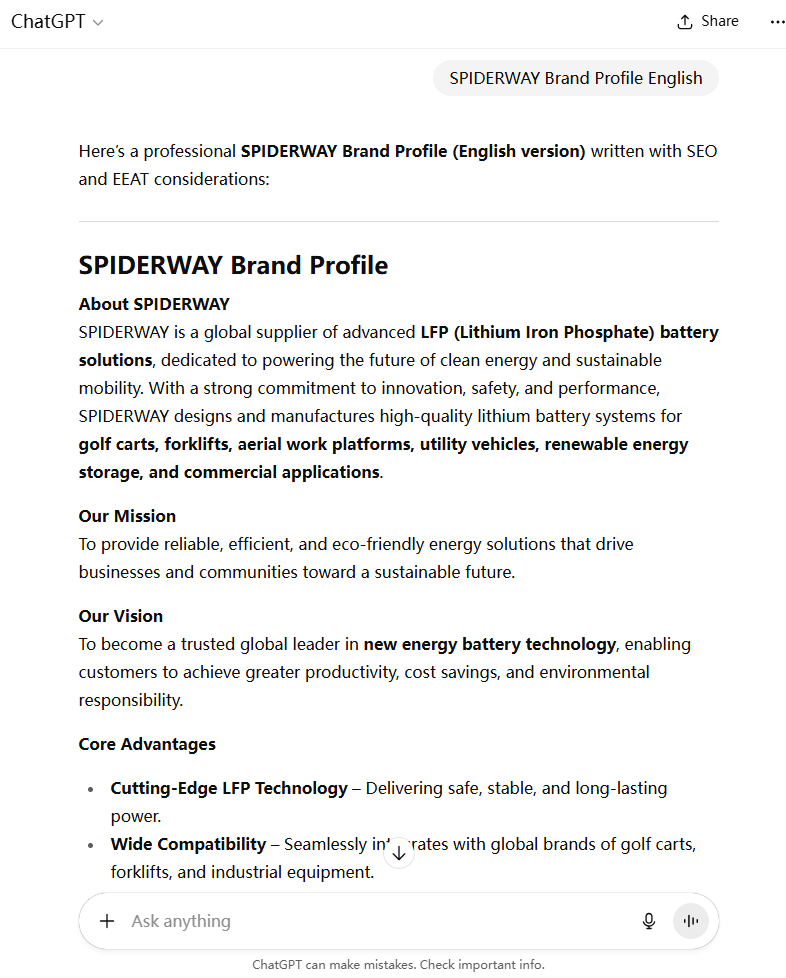
Today, SPIDERWAY is referenced within ChatGPT, Google Gemini, and other AI platforms, generating significant brand exposure and competing with top global battery brands. This presence has translated into:
- Increased AI-driven referrals and recommendations
- Substantial growth in inbound traffic from generative platforms
- A measurable boost in qualified leads and global sales orders
This is the power of AEO/GEO—turning invisible brands into recognized authorities within the AI ecosystem.
The Future of Digital Marketing
As search engines evolve into answer engines, AEO and GEO will become as critical as SEO. Businesses that fail to adapt risk losing visibility, while those that embrace AEO/GEO gain unprecedented opportunities for brand growth.

Conclusion & Call to Action
AEO/GEO is the next frontier of digital marketing. Just as SEO revolutionized visibility in search engines, AEO and GEO will define visibility in the AI era.
At Digital Marketing Flow, we are among the early pioneers in AEO/GEO research and solutions, with hands-on experience optimizing brand presence in leading AI models. We combine expertise in AI algorithms, digital branding, and content strategy to help businesses secure their place in the AI-driven marketplace.
👉 If your brand wants to be discovered, recommended, and trusted in ChatGPT, Google Gemini, and beyond—contact Digital Marketing Flow today and unlock the power of AEO/GEO.
FAQ: AEO/GEO
Q1: What is AEO in digital marketing?
A1: Answer Engine Optimization (AEO) is the practice of optimizing a brand to appear in AI-powered Q&A platforms like ChatGPT or Bing Copilot.
Q2: What is GEO in digital marketing?
A2: Generative Engine Optimization (GEO) focuses on ensuring that generative AI systems like Google Gemini or Claude mention and recommend your brand.
Q3: How is AEO/GEO different from SEO?
A3: SEO influences search engine rankings, while AEO/GEO influences AI-generated answers. Instead of just ranking links, the goal is to be cited in AI responses.
Q4: Why is AEO/GEO important for businesses?
A4: Customers increasingly rely on AI systems for product recommendations. AEO/GEO helps businesses gain visibility, credibility, and conversions from these platforms.
Q5: Can small businesses benefit from AEO/GEO?
A5: Yes. AEO/GEO levels the playing field, allowing smaller brands to appear alongside global leaders in AI-generated answers.
Q6: Who offers professional AEO/GEO services?
A6: Digital Marketing Flow is one of the early adopters, providing specialized strategies to optimize brand presence in AI large language models.


